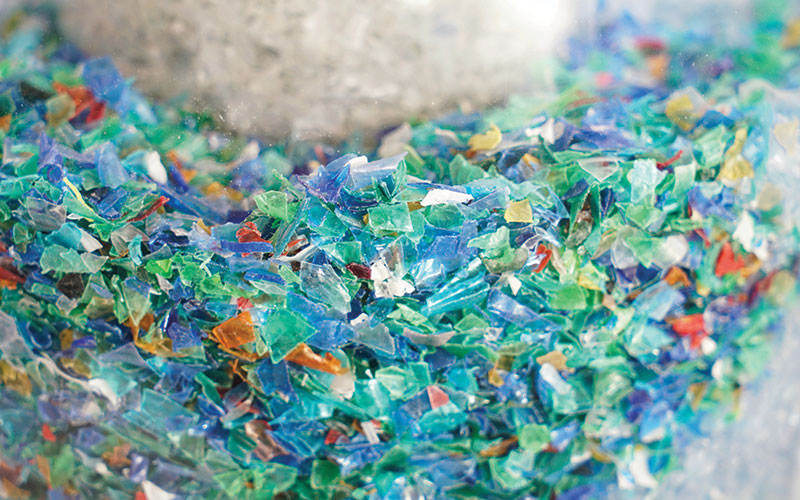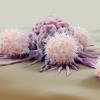Plastics in our wastewater are breaking down into tiny particles and causing potentially catastrophic consequences for our health.

These are the findings from a joint project by the University of Surrey and Deakin’s Institute for Frontier Materials. The team found that tiny pieces of plastic break down further during treatment processes, reducing the performance of treatment plants and impacting on water quality.
In the past there have been numerous studies of microplastics pollution, but their interaction with water and wastewater treatment processes have not been fully understood until now.
“The presence of nano- and microplastics in water has become a major environmental challenge,” said Dr Lee, Project Lead and Senior Lecturer at the University of Surrey. “Due to their small size, nano- and microplastics can easily be ingested by living organisms and travel along water and wastewater treatment processes.”
Image credit | Shutterstock




